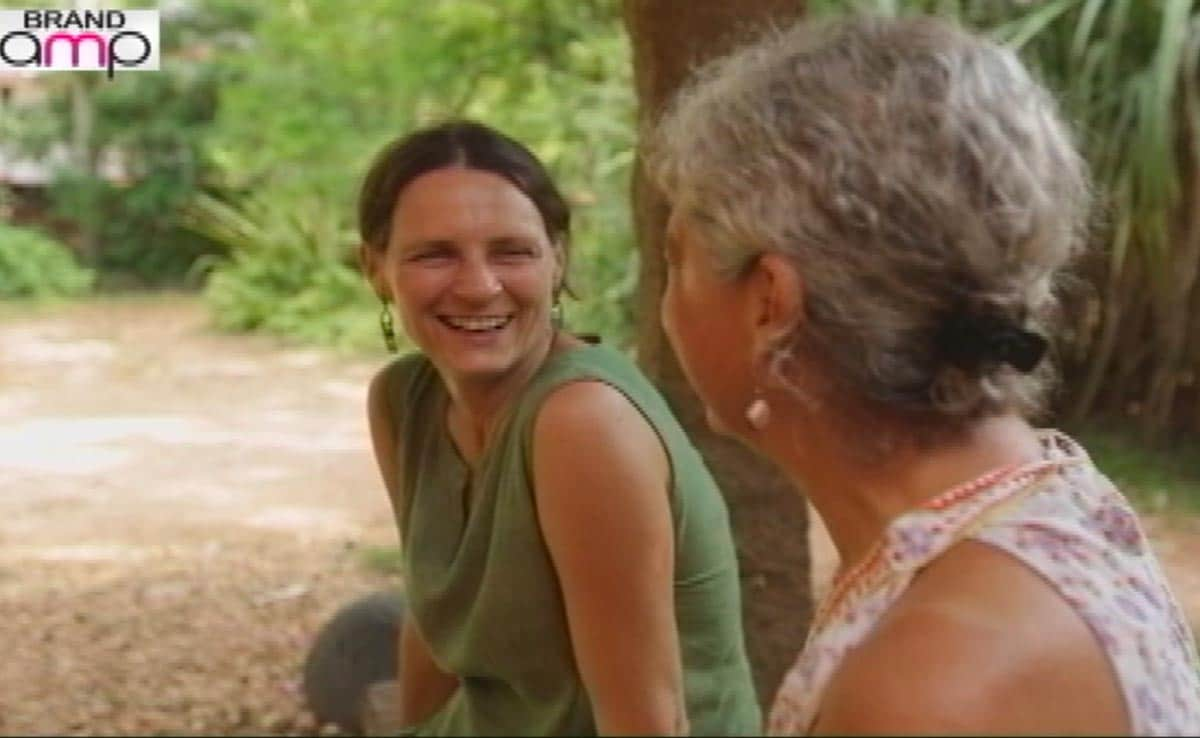- Home/
- EcoFemme, A Women-Led Social Enterprise Is Empowering Women Through Cloth Pads
EcoFemme, A Women-Led Social Enterprise Is Empowering Women Through Cloth Pads

Did you know, that the average woman uses 12,000 sanitary products in their lifetime and one pack of disposable pads contains the same amount of plastic as four plastic carrier bags? That is a lot of single-use plastic going to landfills every day, especially, as the plastic can take up to 500 years to degrade. So, what stops women from using reusable cloth pads? As transformative as cloth pads have been for lakhs of rural women across India, there are still many misconceptions surrounding their use, such as:
1. Cloth pads are not leakproof
2. One can't wash stains off cloth pads
3. Cloth pads are not hygienic
4. Women can not do physical activities in a cloth pad
There are several benefits to using cloth pads. What is needed is clearing the misconceptions around their use and teaching women how to wash, dry and store them properly before reuse. And, that is precisely what Kathy Walkling and Jessaminjh Miedema have set out to do with EcoFemme.
Started in Auroville, Pondicherry in 2010, by Kathy and Jessaminjh, EcoFemme makes cloth pads that are good for women's bodies and also for the Earth. This is the tale of 20 women who run a social enterprise, founded to truly liberate women.
Jessaminjh Miedema, Co-Founder and Commercial Team Leader, EcoFemme says,
We both felt very connected to it from a point of environment because a cloth pad can be used at least 75 times so it really saves a lot of environmental waste. Unlike disposable pads, you don't need to throw them somewhere. You just wash and reuse it. As a product, it really made sense to us.
Eco Femme primarily makes cloth pads. They also make cloth nappies for babies as disposable baby nappies that contain plastic are also a big source of pollution. The cloth pads made at EcoFemme use certified organic cotton and the money generated through their sales funds EcoFemme's non-profit activities.
Kathy Walkling, Co-Founder and Not-For-Profit Team Leader, EcoFemme says,
Basically, our vision was to try to make cloth pads an affordable and accessible option for anybody who would like to use them. The commercial price is too much, especially for girls and women from low-income backgrounds. And, out of that, we created two programmes - one was the 'Pad For Pad' programme which is a kind of buy one give one programme which means that we leverage all of our international sales. On every pad we sell abroad, we get a donation built in which enables us to provide a pad for a girl.
The second programme is 'Pads For Sisters'. Sharing details about it, Ms Walkling says,
It focuses on making affordable access for women from low-income backgrounds.
Through their pad for pad programme, EcoFemme has reached out to more than 75,000 girls in government schools. Ms Miedema says,
The thing that really touched me was that for so many girls and women, the first experience of a period is often sort of traumatic. There is fear with it. It's like, 'I am not okay. I am sick' which is a totally preventable sort of fear. We can really step into this process of menstruation with confidence and knowing what is going to come and also having a sense of dignity around it.
Part of creating that sense of what is to come is the first-period story. It is a significant part of the menstrual health education sessions that EcoFemme conducts with girls and women from low-income backgrounds.
EcoFemme is a women-led organisation that works for women. Those manufacturing the cloth pads and products are women. Those working in the EcoFemme office are all women, right from the founders to the packers. And, all these women have switched from disposable pads to cloth pads.
Making anything from cloth is bound to generate a lot of waste and this is the cloth and fabric waste that eventually ends up in landfills but not at EcoFemme. No scraps of cloth left over from the production of pads or nappies are ever thrown away. Instead, they are used to make keychains, re-cycled paper cards and bags designed by designer label Anushka Anasuya and made by Sadhna Foundation – another NGO engaged in providing employment to women.
Ms Walkling says,
We both also tried to do, for example, tie-ups with a company of also women producers in Delhi who are working with fabric offcuts from the garment industry and they are restitching bags for us out of these offcuts in which we package our cloth pad kits, for adolescent girls, in. We are always looking for ways we can upcycle, recycle and repurpose our leftover waste to keep our waste at a minimum.
Cloth pads are healthy for women's bodies and our planet. The need of the hour is to make cloth pads affordable and accessible, so we can reverse the damage caused to Mother Earth, one cloth pad at a time.



